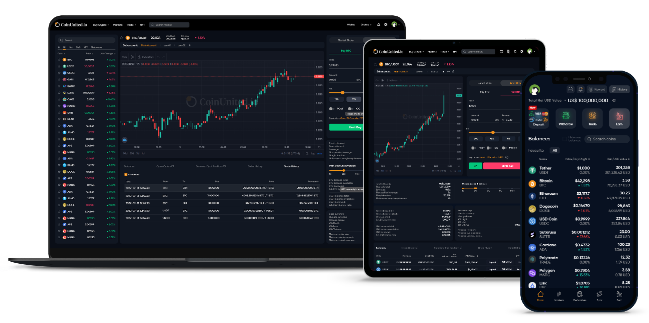Editors' Picks

Forex
RBA and BoJ Policies Unchanged, Canadian CPI Inflation Numbers Revealed
2023/12/17

Forex
Economic Turmoil: The Impact of Inflation on the Dow and the Dollar
2023/02/15

Forex
Unpacking the Latest Market Movements: Inflation, S&P 500, VIX, Dollar and USDJPY
2023/02/15

Forex
US and UK Inflation Rates Take a Dip: Will the Trend Continue?
2023/02/14

Forex
Cubans Brace for Inevitable Pain as Gasoline Prices Increase Five-Fold
2024/01/30

Forex
Argentina Markets Dip as Government Pulls Fiscal Reforms from Major Bill
2024/01/30

Forex
Yellen Receives Assurances from China, Sees Limited Spillover to US Economy
2024/01/27

Forex
Dollar Holds Steady as Market Digests Strong US Growth, Euro Retreats
2024/01/27

Forex
U.S. Dollar Dips as Sterling Falls on Cooling U.K. Inflation
2023/12/21

Forex
Bullish Outlook Confirmed, Precious Metals Market Faces Bearish Times Ahead
2023/12/21

Forex
Geopolitical Tensions and Fed Policy Drive Gold Amid Economic Reports
2023/12/20

Forex
Dollar Stabilizes as Yen Slumps After Bank of Japan Maintains Dovish Course
2023/12/19

Forex
Dollar Weakens as Bank of Japan Meeting Drives Market Speculation
2023/12/18
News

Oil Price Surge and Monetary Policies Impact Inflation, Bonds, and Equities
CoinUnited.io Market
2023/12/18

RBA and BoJ Policies Unchanged, Canadian CPI Inflation Numbers Revealed
2023/12/17

Economic Turmoil: The Impact of Inflation on the Dow and the Dollar
2023/02/15

Unpacking the Latest Market Movements: Inflation, S&P 500, VIX, Dollar and USDJPY
2023/02/15

US and UK Inflation Rates Take a Dip: Will the Trend Continue?
2023/02/14

January Inflation Surges Past Expectations, Fed Response in Focus
2023/02/14

Dollar Dips, Yen Surges Ahead of Anticipated Inflation Report
2023/02/14

Global Market Insights: The Impact of Inflation, the USD, and Key Economic Indicators on the Financial Landscape
2023/02/14

No Relief from Natural Gas's Declining Pressure
2023/02/14

Inflation Expectations Remain Steady: US Households Anticipate 5% Hike in the Year Ahead
2023/02/14

US Bond Yields Rise Further Before a Significant US Inflation Report
2023/02/13
Show More News







